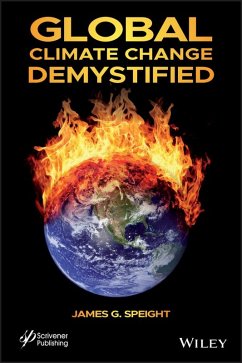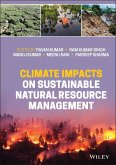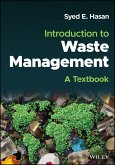Tackling one of the most controversial subjects of our time, one of the world's foremost environmental and petroleum engineers explores the potential causes and ramifications of global climate change. For too many years climate change (also referred to as global warming) has been assigned predominantly to the emissions of carbon dioxide through the combustion of fossil fuels. It must never be forgotten or ignored, however, that the Earth has been constantly changing since its formation and has gone through different eras like glaciations, among others. These changes need thousands of years to be made visible, and are likely still continuing, given the increase in the average temperature of the Earth since the pre-industrial period (provided that the measurements of past climatic temperatures are accurate and beyond reproach). It follows that the warming trend that has occurred over the past 100 years is very likely to have some origins in natural events as well as in human activity. The precise contributions of natural effects and anthropogenic effects on the climate are not known, but it is accurate to conclude that many factors continue to influence climate. Whether or not human activities have become a dominant force in the changing climate and are responsible for most of the warming observed is still open to question. When studying the climate system of the Earth, an area of common confusion is whether climate scientists agree or disagree as to whether or not climate change is happening, or if it is happening, whether or not humans are the primary cause. There are a variety of reasons for this, but a majority of scientists who study climate and publish in peer-reviewed journals agree that human activity is causing the warming of the Earth. The purpose of this book is to weigh all of these various data points and, in a scientific and unemotional way, arrive at likely conclusions regarding global climate change. Whether human activity is the main driver behind our current changes in climate, one thing is certain: Climate change is happening, and we all need to make informed, rather than emotional, decisions.
Dieser Download kann aus rechtlichen Gründen nur mit Rechnungsadresse in A, B, BG, CY, CZ, D, DK, EW, E, FIN, F, GR, HR, H, IRL, I, LT, L, LR, M, NL, PL, P, R, S, SLO, SK ausgeliefert werden.









